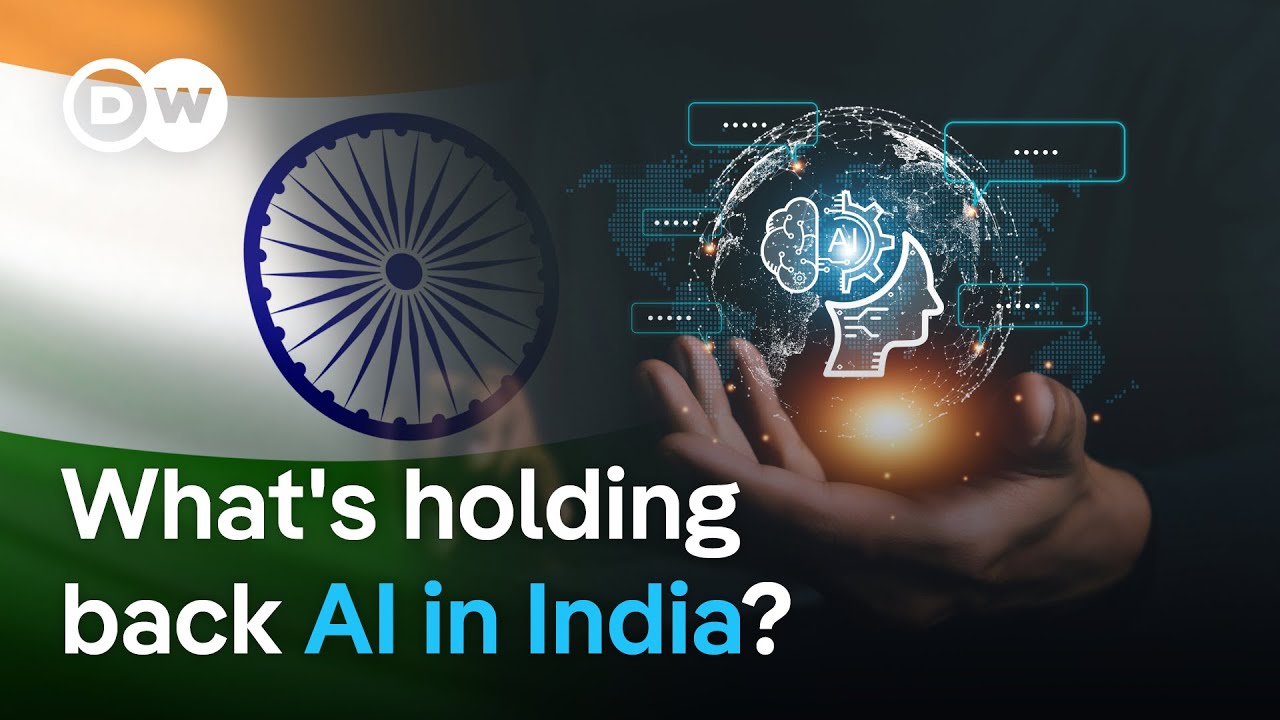In a discussion on India’s AI landscape, Harck Vin from Tata Consultancy Services highlights the country’s role as a leading provider of knowledge work and the need to train foundational AI models on local languages and data. He emphasizes the importance of ethical AI development, robust governance frameworks, and interdisciplinary education to harness AI’s potential while addressing challenges and creating new job opportunities.
In a discussion about India’s position in the field of artificial intelligence (AI), Harck Vin, Chief Technology Officer at Tata Consultancy Services, emphasizes that while India may not have produced foundational AI models, it is a leading provider of knowledge work globally. He explains that knowledge work encompasses various fields, including technology, law, and journalism, where decision-making and actions are crucial. AI is poised to transform knowledge work by enhancing productivity and improving decision-making, which can lead to better outcomes and value delivery.
Vin acknowledges that India will rely on foundational AI models developed in the West but highlights the importance of training these models on local languages and data. He points out that many Indian languages, despite being widely spoken, have limited representation online. To address this, he suggests leveraging analog resources, such as books, to create digital datasets for training AI models. However, he stresses the need for responsible data usage and ethical considerations in AI development to prevent biases and ensure equitable access to technology.
The conversation also touches on the challenges of governance and the need for robust frameworks to ensure ethical AI usage. Vin discusses the concept of “artificial insanity,” where AI models may deviate from their intended purpose over time. He emphasizes the importance of continuous monitoring and assurance of AI solutions to maintain their effectiveness and ethical standards. This requires not only technological advancements but also organizational change management to adapt to the evolving roles of individuals in the workplace.
Vin addresses the Indian government’s initiatives, such as the 10,000 chip plan, and the importance of creating a sovereign infrastructure for AI development. He believes that the state should focus on delivering value in citizen services and health care through AI, while also ensuring that data usage is regulated to prevent inequalities. The discussion highlights the need for interdisciplinary education to prepare individuals for future opportunities at the intersection of technology and various functional domains.
Finally, Vin expresses optimism about the future of AI in India, suggesting that it will create new job opportunities and redefine existing roles. He encourages aspiring tech entrepreneurs to focus on solving valuable problems rather than just the technology itself. By diversifying their knowledge and skills, individuals can position themselves effectively in the evolving landscape of AI and technology. Overall, the conversation underscores the potential for India to leverage AI for significant advancements while navigating the associated challenges responsibly.
